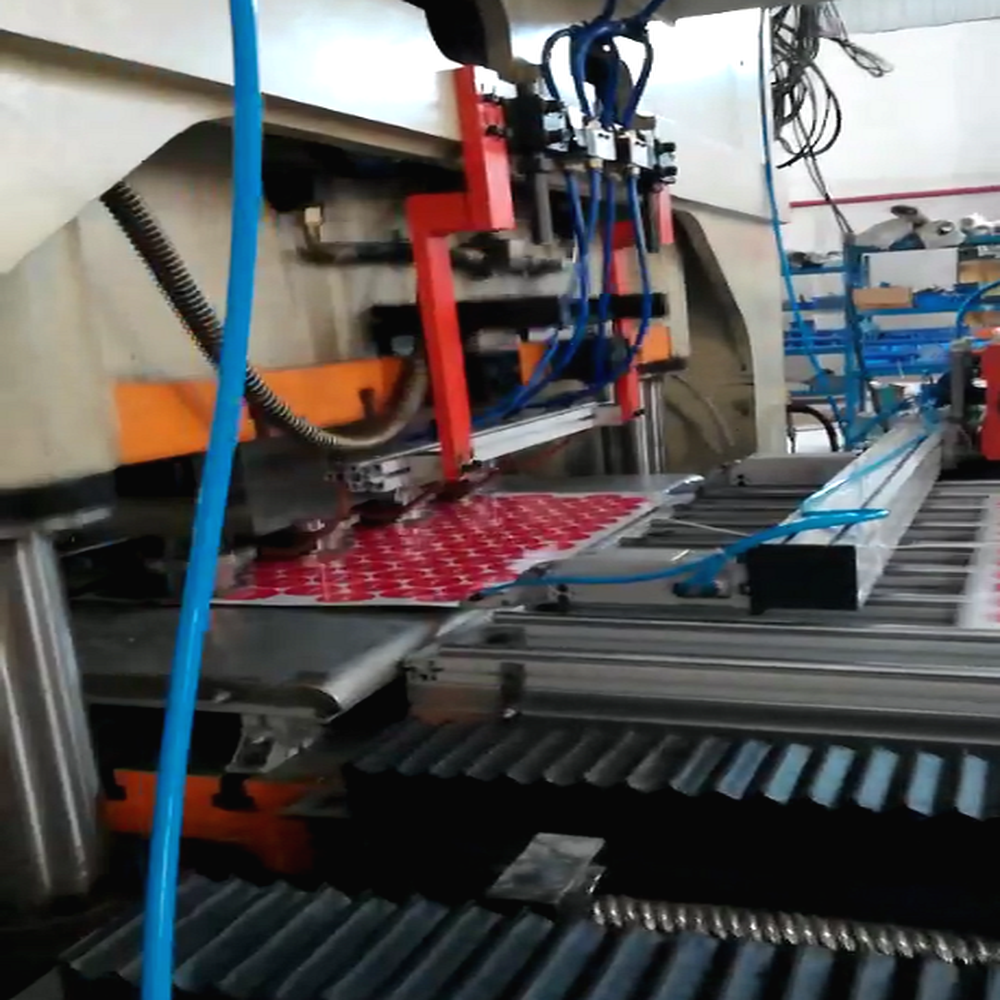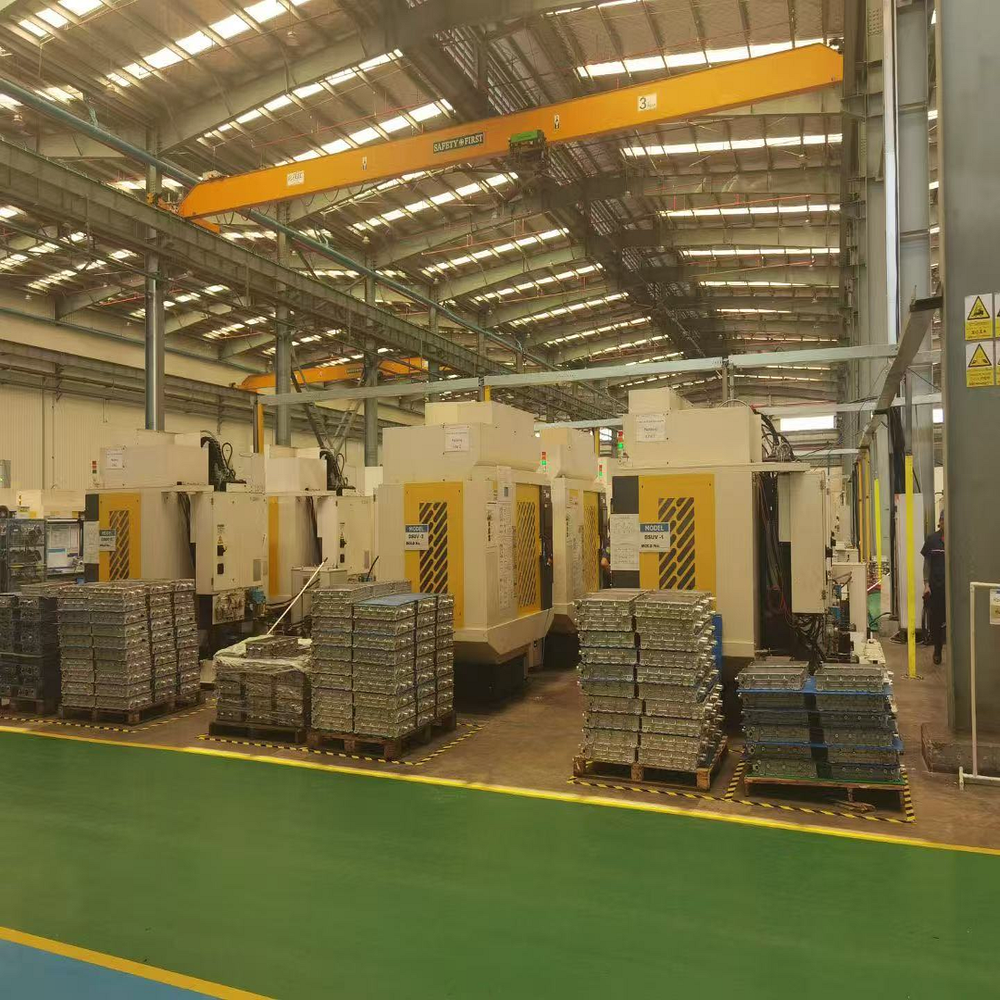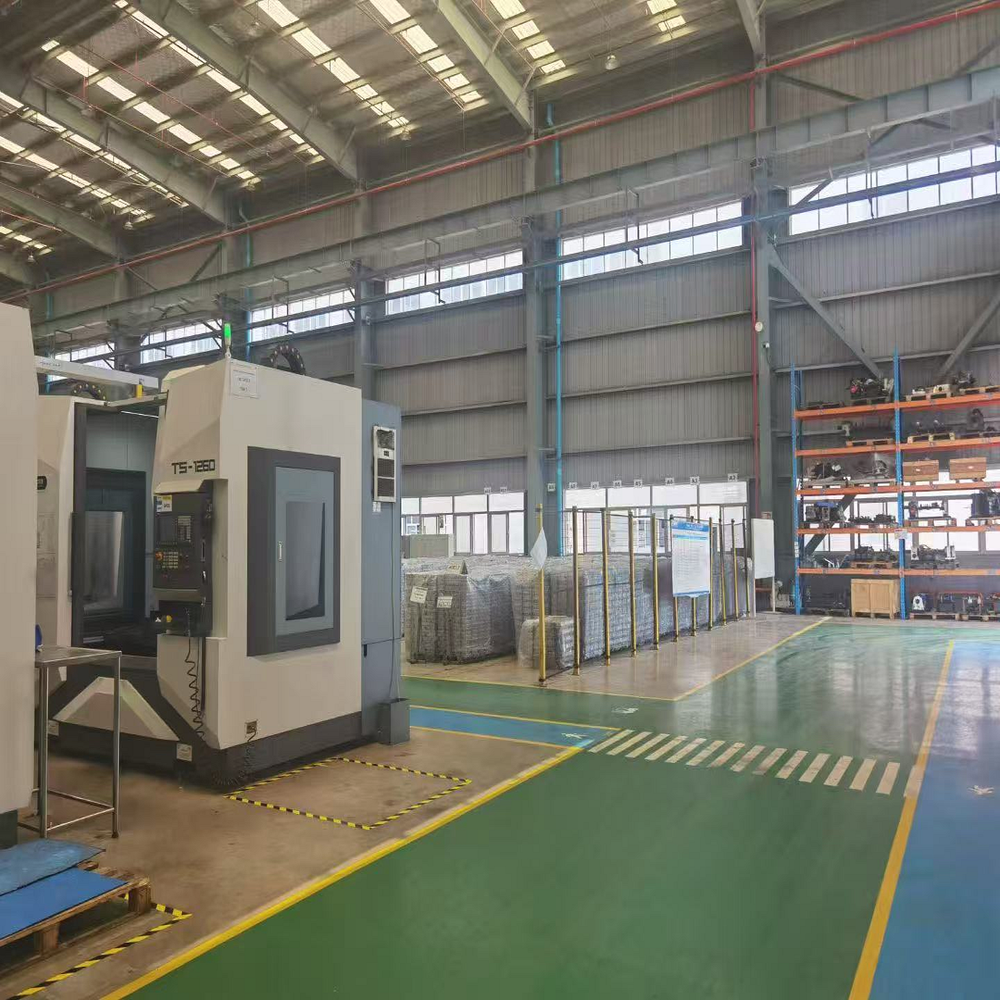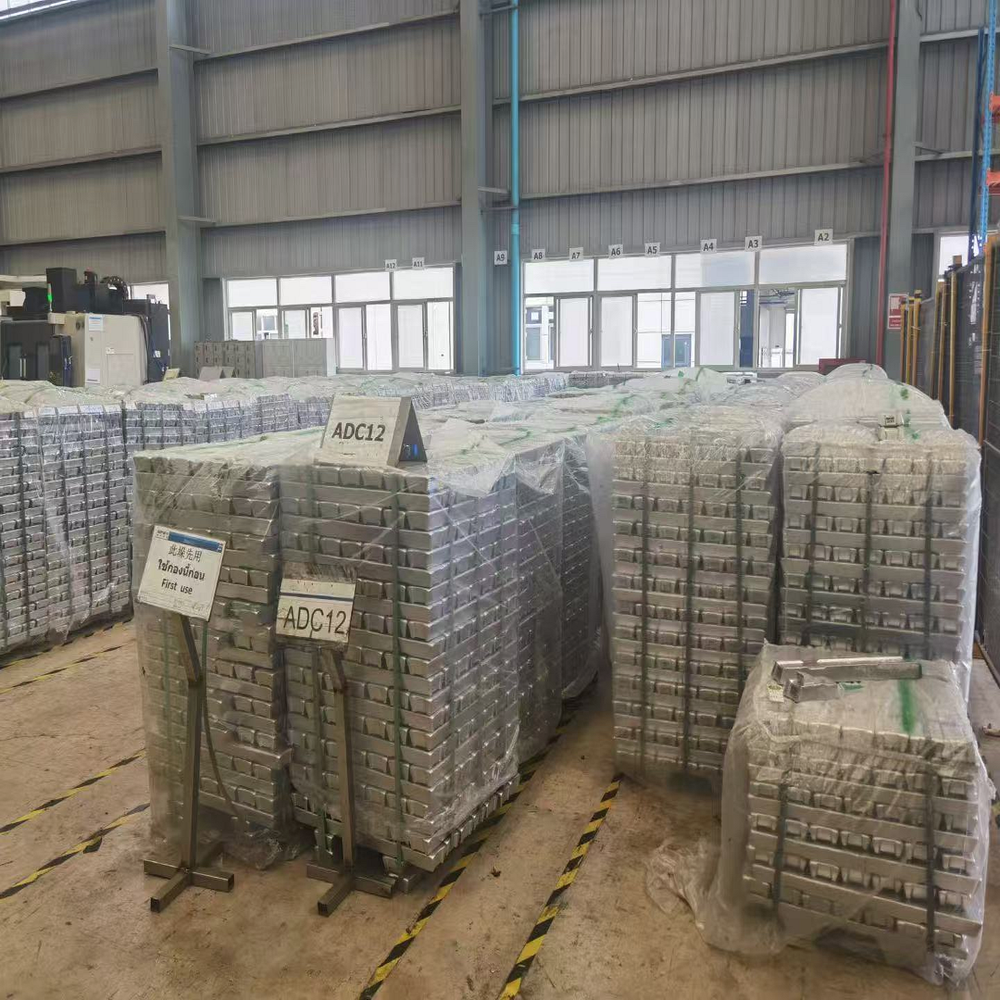Global Trade Projects
Discover how we deliver successful trade operations through cross-border logistics and industrial procurement projects across industries and continents.-Global Trade Projects
ADC12 Aluminum Ingots – Asia Trade Project
Japan → Korea
ADC12 aluminum ingots shipped from Japan to Korea, 500–700 tons/month, demonstrating effective cross-border logistics cases as part of our Global Trade Projects.
Construction Materials – Asia Industrial Procurement
China → India
Procurement and delivery of construction materials for shopping malls, ensuring inspection, logistics, and customs compliance. Highlights our industrial procurement projects and International Supply Chain Solutions.
Evian Water – Europe Supply Chain Solution
France → China & USA
Sourcing and delivery of Evian water with regulatory compliance. Part of Global Trade Projects, showing successful trade operations and cross-border logistics cases.
Frozen Food – Americas Cross-Border Logistics
Brazil → China
Cold-chain logistics for frozen food transported from Brazil to China, ensuring product quality and safety. Exemplifies our cross-border logistics cases.
White Shrimp – Americas Industrial Procurement
Ecuador → China
7,500 tons of white shrimp imported from Ecuador (2023–2024), highlighting our industrial procurement projects and successful trade operations.
Learn More About Our Global Trade Projects
Discuss how our International Supply Chain Solutions optimize your cross-border logistics cases and industrial procurement projects, ensuring successful trade operations worldwide. Learn more at UN Global Compact.
Russian Tinplate Equipment Procurement (2024)

In 2024, we assisted a Russian metal processing company in procuring advanced tinplate production equipment from China and Europe, expanding local production capacity for food packaging and industrial uses.
Read Full Case StudyCase Study: Russian Tinplate Production Equipment Procurement (2024)
Project Background
– The client aimed to expand tinplate production capacity to meet domestic food packaging and industrial demand.
– Local Russian technology could not fully support high-efficiency production, necessitating procurement from China and Europe.
– Procurement targets included high-efficiency tinplate coating lines, cold rolling mills, slitting machines, and auxiliary equipment, with annual production over 30,000 tons, meeting ISO 9001 and food safety standards.
Procurement Process
Requirement Analysis & Solution Design: Communication with the client to understand production capacity, process requirements, budget, and delivery schedule.
Supplier Selection: Screened qualified equipment manufacturers in China and Europe. China supplied cold rolling and coating lines; Europe supplied precision slitting and control systems.
Quotation & Negotiation: Obtained detailed quotations, optimized prices and payment terms, locked delivery schedules.
Contract Signing: Specified equipment models, quantity, technical parameters, delivery, installation, training, and payment: 30% deposit, balance paid before shipment.
Transaction & Logistics
– Production & Acceptance: Suppliers produced equipment with client engineers supervising critical components.
– International Transportation: Equipment shipped via container and special transport to St. Petersburg, Russia, with customs clearance and import licenses.
– Installation & Commissioning: Supplier engineers collaborated with client team for setup, trial production, and training.
– Final Acceptance & Payment: Client signed final acceptance after successful trial production; balance had been paid before shipment.
Project Results
– Equipment delivered and operational by end of 2024, achieving annual production over 30,000 tons.
– Products mainly serve food cans and industrial packaging.
– High client satisfaction with stability, technical support, and training.
– Procurement team gained valuable international equipment sourcing and logistics experience.
Visual Overview

ADC12 Aluminum Ingot Stable Supply (2024–2025)

We provide stable ADC12 aluminum ingot supply to international clients, including Japan and South Korea, with full production and logistics support, ensuring timely and secure delivery.
Read Full Case StudyCase Study: ADC12 Aluminum Ingot Stable Supply Project (2024–2025)
Project Background
– ADC12 aluminum alloy ingots are widely used in automotive components, electronic housings, and industrial molds.
– In 2024–2025, demand in East Asia and Europe for high-quality ingots continued to grow.
– Our company leveraged stable production capacity and logistics systems to expand international client base, targeting Japan, South Korea, and potential clients in India and Italy.
Existing Client Cooperation
Japan & South Korea:
– Monthly procurement: 500–700 tons of ADC12 ingots.
– Supply model: Full production and logistics managed by us, clients only confirm specifications and delivery schedule.
– Delivery: Shipment by sea to client-designated ports with customs and inspection support.
– Outcome: Clients highly recognize product quality and supply stability, achieving continuous monthly delivery.
Contract & Logistics Management
– Signed long-term supply agreements specifying price, specification, quantity, and delivery.
– Implemented strict production planning and inventory control to maintain stable monthly delivery of 500–700 tons.
– Logistics team tracks shipments to ensure safe and timely arrival at client warehouses.
Potential Clients Negotiation
India & Italy: Ongoing discussions in 2025 regarding purchase volume, price, shipping, and payment.
– Objective: Diversify markets and reduce single-market risk.
– Expectation: Once signed, the same stable supply model as for Japan and South Korea will be applied.
Project Highlights & Experience
– Full-scope supply: We handle production, quality, and logistics, reducing client management burden.
– Stable supply ensures long-term cooperation and supports client production planning.
– Accumulated international procurement and cross-border logistics experience for future market expansion.
– Flexible market response: Multi-market negotiation reduces reliance on a single market.
Visual Overview




